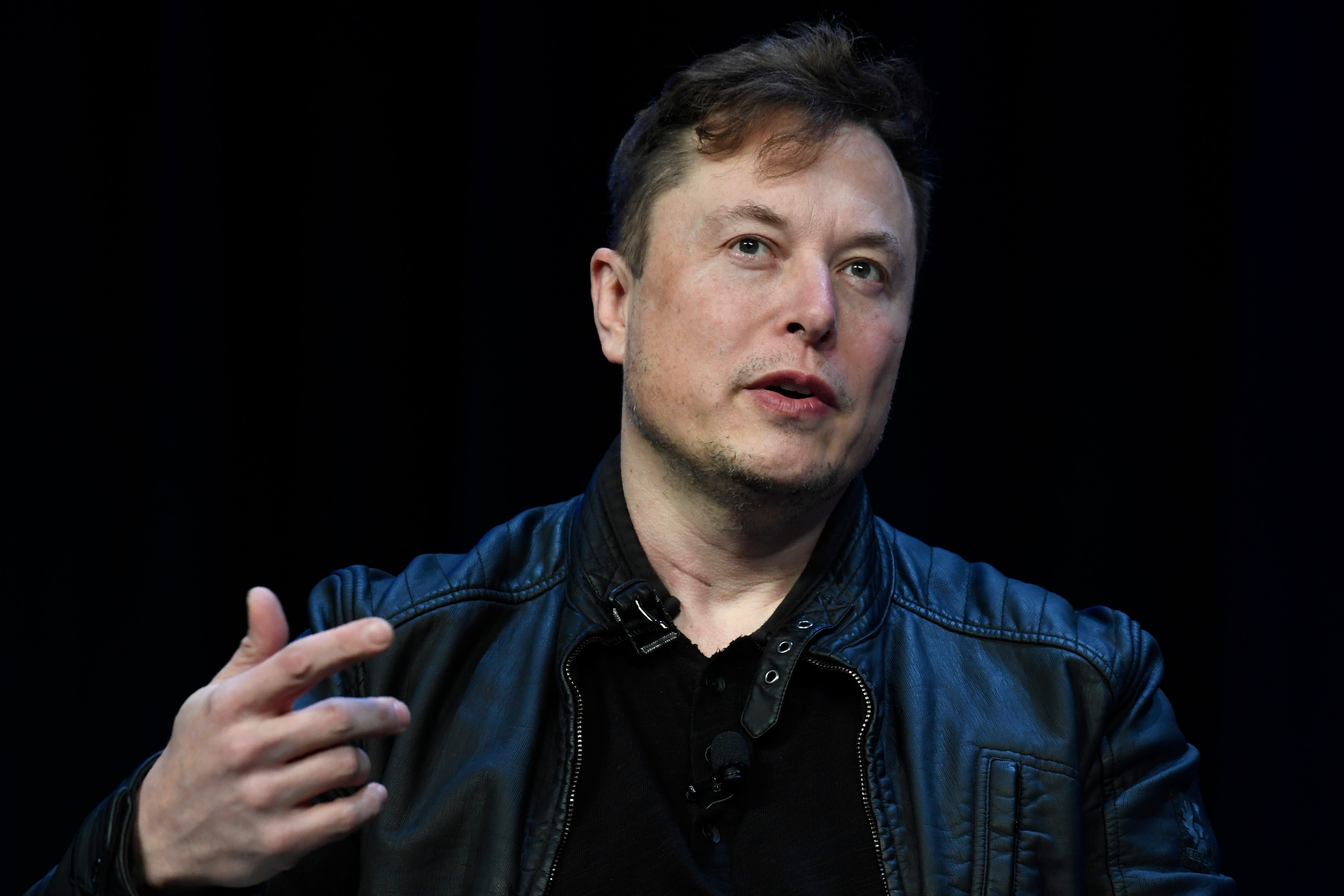Elon Musk's refusal to have Starlink support Ukraine attack in Crimea raises questions for Pentagon
SpaceX founder Elon Musk’s refusal to allow Ukraine to use Starlink internet services to launch a surprise attack on Russian forces in Crimea last September has raised questions for the Pentagon

SpaceX founder Elon Musk’s refusal to allow Ukraine to use Starlink internet services to launch a surprise attack on Russian forces in Crimea last September has raised questions as to whether the U.S. military needs to be more explicit in future contracts that services or products it purchases could be used in war, Air Force Secretary Frank Kendall said Monday.
Excerpts of a new biography of Musk published by The Washington Post last week revealed that the Ukrainians in September 2022 had asked for the Starlink support to attack Russian naval vessels based at the Crimean port of Sevastopol. Musk had refused due to concerns that Russia would launch a nuclear attack in response. Russia seized Crimea from Ukraine in 2014 and claims it as its territory.
Musk was not on a military contract when he refused the Crimea request; he'd been providing terminals to Ukraine for free in response to Russia's February 2022 invasion. However, in the months since, the U.S. military has funded and officially contracted with Starlink for continued support. The Pentagon has not disclosed the terms or cost of that contract, citing operational security.
But the Pentagon is reliant on SpaceX for far more than the Ukraine response, and the uncertainty that Musk or any other commercial vendor could refuse to provide services in a future conflict has led space systems military planners to reconsider what needs to be explicitly laid out in future agreements, Kendall said during a roundtable with reporters at the Air Force Association convention at National Harbor, Maryland, on Monday.
“If we’re going to rely upon commercial architectures or commercial systems for operational use, then we have to have some assurances that they’re going to be available,” Kendall said. “We have to have that. Otherwise they are a convenience and maybe an economy in peacetime, but they’re not something we can rely upon in wartime.”
SpaceX also has the contract to help the Air Force’s Air Mobility Command develop a rocket ship that would quickly move military cargo into a conflict zone or disaster zone, which could alleviate the military’s reliance on slower aircraft or ships. While not specifying SpaceX, Gen. Mike Minihan, head of Air Mobility Command, said, “American industry has to be clear-eyed on the full spectrum of what it could be used for.”
As U.S. military investment in space has increased in recent years, concerns have revolved around how to indemnify commercial vendors from liability in case something goes wrong in a launch and whether the U.S. military has an obligation to defend those firms' assets, such as their satellites or ground stations, if they are providing military support in a conflict.
Until Musk’s refusal in Ukraine, there had not been a focus on whether there needed to be language saying a firm providing military support in war had to agree that that support could be used in combat.
“We acquire technology, we acquire services, required platforms to serve the Air Force mission, or in this case, the Department of the Air Force,” said Andrew Hunter, assistant secretary of the Air Force for acquisition, technology and logistics. “So that is an expectation, that it is going to be used for Air Force purposes, which will include, when necessary, to be used to support combat operations.”
Bookmark popover
Removed from bookmarks